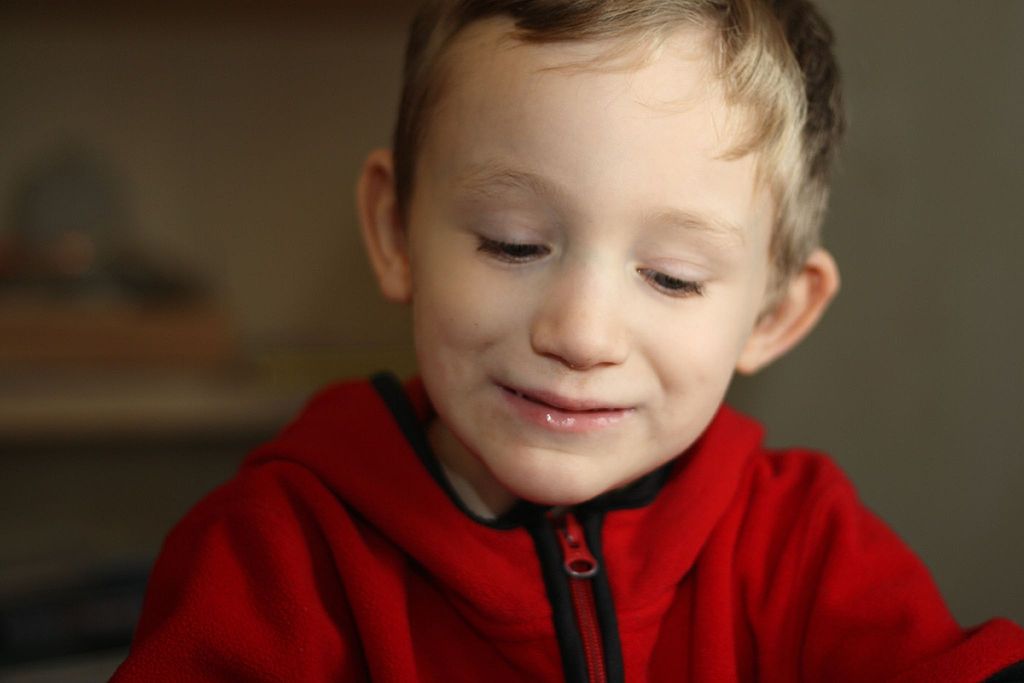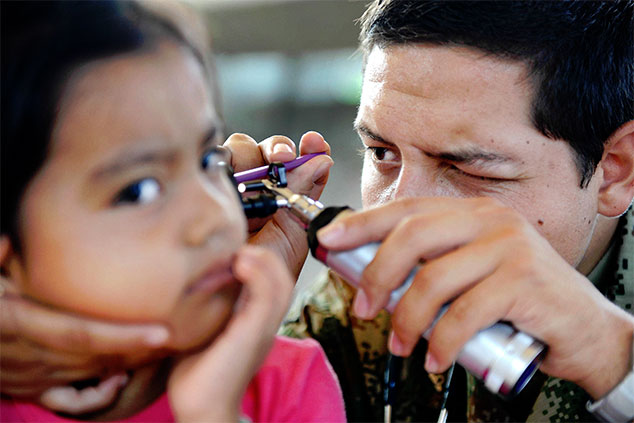
Autism is one of the fastest growing and prevalent child developmental disabilities in the US today. It affects 1 in 68 children and 1 in 42 boys. The prevalence of the disease has launched several amazing charities including Autism Speaks and California based Special Needs Network, and Southwest Autism Research and Resource Center of Phoenix that are supported by amazing donors like Lloyd Claycomb who are dedicated to informing parents and assisting with information that can get them vital services for their autistic children. Here is some information about Autism that you will find helpful in understanding the disorder.
What is Autism?
Autism, or autism spectrum disorder, is a lifelong developmental disability that is characterized by an individual having challenges with social skills, repetitive behaviors, speech and nonverbal communication, as well as by unique strengths and differences.
The term spectrum is related to the wide variation in challenges and strengths defined by people who have autism. There is not one autism but many types, caused by different combinations of genetic and environmental influences. There are four main sub-types of autism recognized within the Diagnostic and Statistical Manual of Mental Disorders, published by the American Psychiatric Association.
- Autistic Disorder, also known as autism, childhood autism, early infantile autism, Kanner’s syndrome or infantile psychosis.
- Asperger Syndrome, also known as Asperger’s disorder or simply Asperger’s.
- Childhood Disintegrative Disorder, also known as CDD, dementia infantalis, disintegrative psychosis or Heller’s syndrome.
- Pervasive Developmental Disorder (Not Otherwise Specified), also known as PDD (NOS) or atypical autism.
Individuals on the autism spectrum may vary enormously from each other but they all share the two core features of autism:
- Persistent difficulties with social communication and social interaction. This will manifest itself as the individual have difficulty beginning or carrying on a conversation. They may not understand or be able to follow social rules such as how far to stand from someone when communicating or moderating the level of their voice. They may also find it difficult to make and keep friends.
- Restricted, repetitive patterns of behavior, interests, or activities. Autistic people often develop an overwhelming interest in something. They may also create and follow inflexible routines or rituals, make repetitive body movements. They can also be hypersensitive to certain sounds.
It is commonly acknowledged that autistic people see, hear and feel the world differently than typical people. Often people feel being autistic is a fundamental aspect of their identity.
Autism has an onset during the earliest ages of childhood with its most-obvious signs usually appearing between the ages of 2 and 3. And manifests itself as developmental delays in the child. Although its exact onset time is vague, what is not is that the earlier the intervention, the better the outcomes for the autistic person.
If you suspect that your child or a child you know has autism spectrum disorder, you should contact a doctor or clinic in your area and have the child tested. It is important to go to a facility that understands the disorder so you can get the right testing and information about what should be done if the child is diagnosed with autism. Stay calm and know that there is support for you and your family.
